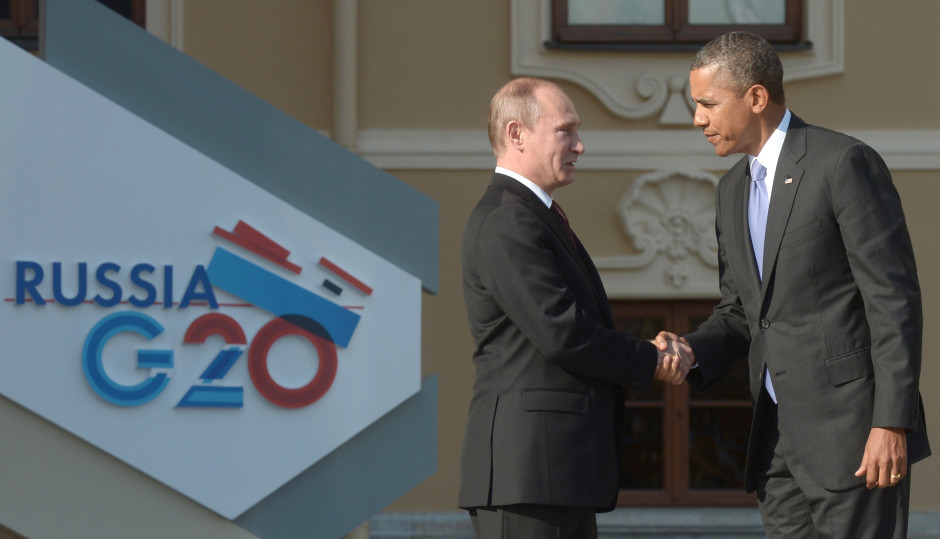The ideological rivalry between the western world and the Communist bloc may have ended a quarter-century ago, but national interests and realpolitik are with us still.
Indeed, the antagonistic relationship between U.S. President Barack Obama and his Russian counterpart, Vladimir Putin, is arguably more intense these days than it was between President George H.W. Bush and Mikhail Gorbachev, the last leader of the Soviet Union, in the waning days of the Cold War.
Following Russia’s annexation of Crimea and the sanctions put in place by western countries in response, an angry and defiant Putin on March 18 denounced what he called a history of dishonesty and cheating by the West. In a speech to a gathering of the country’s political elite, he vowed to protect Russia’s interests from what he described as Western actions that had left Russia feeling cornered.
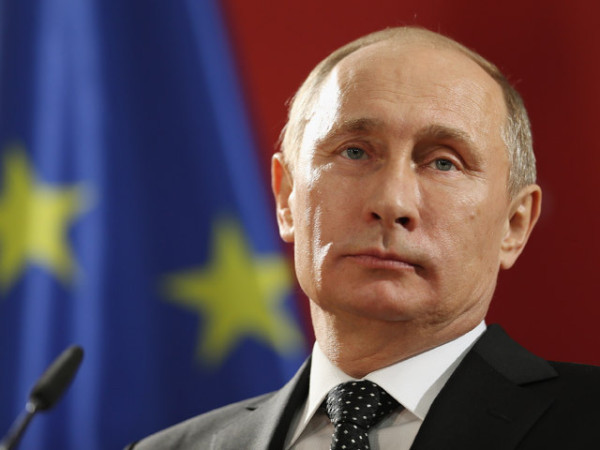
“That’s the way it was with the expansion of NATO in the East, with the deployment of military infrastructure at our borders,” declared Putin. “They always told us the same thing: ‘Well, this doesn’t involve you.’ ”
This belligerent attitude will undoubtedly affect the way Putin feels when it comes to the ever-volatile Middle East.
If you think the Russian leader has been dragging his feet when it comes to the international community trying to frame a robust response to Bashar al-Assad’s murderous regime in Syria or Iran’s ongoing nuclear program, then, as they say on the street, “you ain’t seen nothing yet.”
Emile Hokayem, a senior fellow for Regional Security at the International Institute for Strategic Studies, based in Manama, Bahrain, remarked in the New York Times that “to irritate the West, Russia can do a lot more to augment Assad’s power over the rebels; the political and material support Russia has extended from Day 1 has already proven crucial to his survival and recovery.”
Assad, grateful for Moscow’s support, has described the Russian stance over the situation in Ukraine as a “wise policy” in the face of “coup attempts against legitimacy and democracy in favor of the terrorist extremists”. He reiterated Syria’s commitment to Putin’s “rational approach” and applauded Russia for “saving the world from dangerous events.”
And Assad is now gaining the upper hand in the civil war. In the towns near the Lebanese border, the Syrian army and its Hezbollah allies are methodically making progress in the struggle against the Sunni rebels. With Russia holding veto power at the UN Security Council, there is nothing the United Nations can do, to the frustration of Washington.
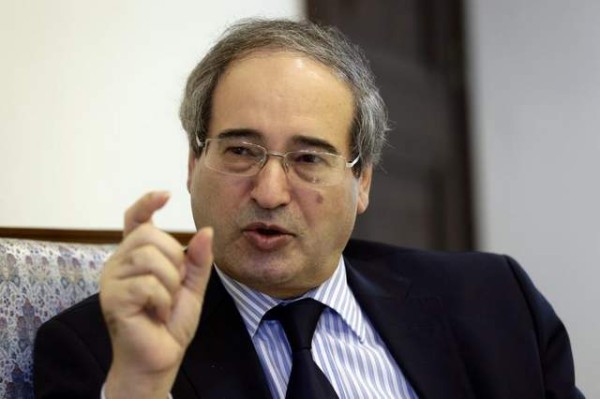
In an interview with The Wall Street Journal on March 18, Syrian Deputy Foreign Minister Faisal al-Mekdad said that he sees no point in further peace talks in Geneva if the opposition and its Western backers keep insisting that Assad relinquish power, and indicated his regime had the backing of Russia in its stance.
Israel has tried to steer clear of the Syrian civil war, but it did launch a series of air strikes into Syria on March 19 in retaliation for injuries sustained by four of its soldiers along the border in the Golan Heights — though the perpetrators were probably Hezbollah operatives. “We hold the Assad regime responsible for what happens in its territory,” Israeli Defence Minister Moshe Ya’alon explained.
But Israel does not want an escalation of tensions with Damascus. It remains concerned that an ouster of Assad could see power in Syria fall to Islamic militants there, particularly Al-Qaida-linked groups, and further destabilize the region.
However, Russia and the United States were continuing to cooperate in pressuring Syria to comply with its pledges on chemical weapons. Under a United Nations Security Council resolution that was supported by both Russia and the United States, the entire Syrian chemical arsenal must be destroyed by June 30.
Nearly half of Syria’s chemical stockpile for weapons use has now been removed from the country. “The latest movements increased the portion of chemicals that have now been removed from Syria for destruction outside the country to more than 45 percent,” said the Organization for the Prohibition of Chemical Weapons, the group that is collaborating with the United Nations to ensure the arsenal’s destruction.
Nuclear negotiations with Iran could get more complicated as well, if Moscow breaks ranks with Western powers and Tehran manages to play on these divisions. “Iran may feel sufficiently supported by Moscow that it backtracks on its recent conciliatory actions and rhetoric and continues to develop its nuclear program,” stated Paul de Quenoy, an associate professor of history at the American University of Beirut.
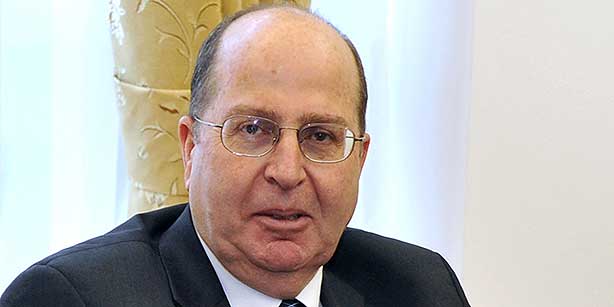
This, too, worries Israel. In remarks quoted in Israeli reports, Ya’alon asserted that Israel cannot depend on the United States to lead any action against Iran’s nuclear program and can only rely on itself.
The Iranian Kayhan newspaper, which usually reflects the views of Supreme Leader Ali Khamenei, wrote that Iran should draw lessons from the Crimean crisis and learn from Russia’s conduct:
“From a national perspective, Russia is helped by Iran in addressing most of its security and diplomatic concerns, and in return Iran is helped by Russia’s support on the Syrian, Lebanese, Iraqi, Afghan, nuclear, and other issues. Furthermore, in this affair Russia is in conflict with our enemies, that is, the West. That in itself means we must be pleased with the defeat of our enemies, even if we have criticism of the Russian side.”
Meanwhile, contended de Quenoy, Egyptian Field Marshal Abdul-Fattah el-Sisi seems likely to revert to his predecessors’ Cold War roles of playing the U.S. and Russia off of each other to secure maximum concessions from both sides while making minimal commitments of their own.
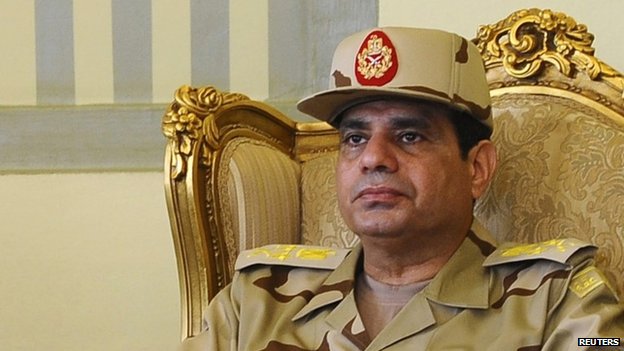
Sisi, who now rules Egypt, visited Russia in February to negotiate a deal to buy as much as $2 billion worth of Russian weapons. Egypt’s main arms supplier, the United States, has suspended certain shipments in response to the ouster of former Egyptian President Mohamed Morsi.
“Our visit offers a new start to the development of military and technological cooperation between Egypt and Russia,” Sisi told Putin. “We hope to speed up the cooperation.”
The only thing certain about the Middle East is the uncertainty generated by its shifting political sands.
Henry Srebrnik is a professor of political science at the University of Prince Edward Island.

